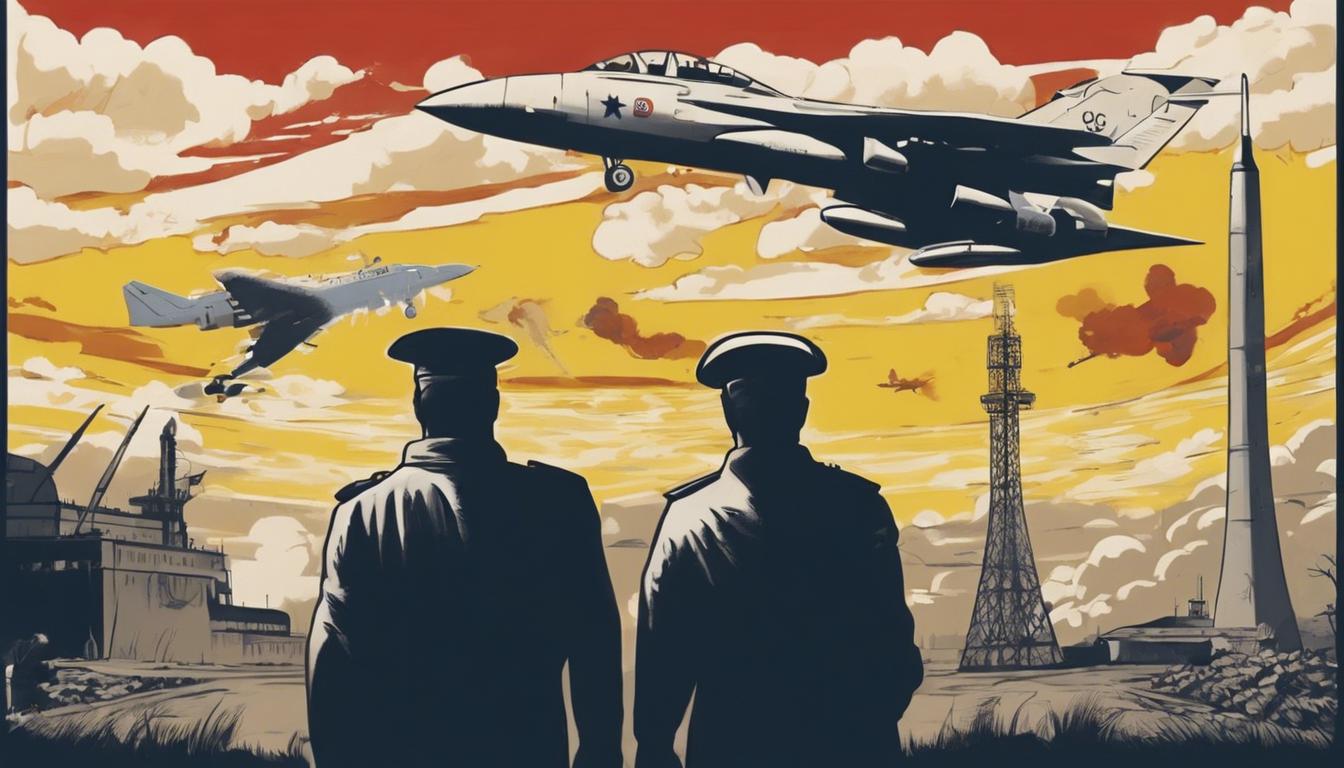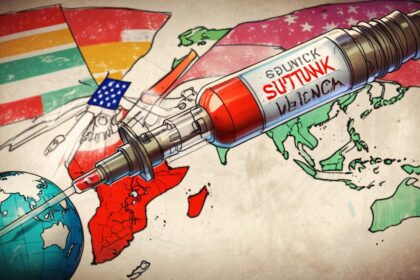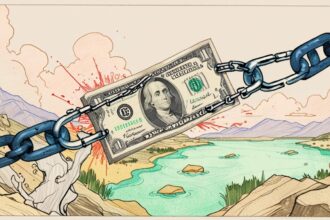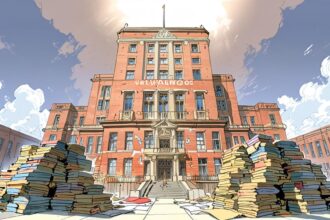The US criticises Russia’s seizure of Ukraine’s Zaporizhzhia Nuclear Power Plant, France suspends talks with Moscow, and Ukraine destroys Russian drones, highlighting intensified international engagement and resistance in the ongoing conflict.
The ongoing Russia-Ukraine conflict has witnessed significant diplomatic and military activities, with the US and France expressing strong positions against Russia’s actions.
The US State Department has critically addressed Russia’s seizure of the Zaporizhzhia Nuclear Power Plant in eastern Ukraine, calling it a “dangerous game” and urging Russia to relinquish control to Ukrainian authorities to prevent a nuclear incident. This demand highlights the growing concern over the potential for nuclear risks amidst the invasion.
In parallel, France has suspended discussions with Russia, with French Foreign Minister Stéphane Séjourné citing Moscow’s alleged manipulation of information in bilateral talks as the reason. This suspension marks a departure from the historically cooperative relationship between the two nations, particularly in the context of combating terrorism.
On the military front, Ukrainian forces have achieved a notable success, with the Ukrainian Air Force successfully intercepting and destroying 20 Russian drones in a single night. This accomplishment underscores the ongoing resistance against Russian military advances. Ukrainian military chief Oleksandr Pavliuk has called on citizens to join the armed forces, emphasizing the importance of defending the country.
In an effort to garner additional international support for Ukraine, former UK Prime Minister David Cameron has engaged in diplomacy with former US President Donald Trump and is expected to advocate for US aid for Ukraine in Washington. Cameron’s discussions with Trump, a figure with significant influence among Republicans, are seen as a strategic move to secure financial aid for Kyiv. This comes at a time when a new aid package for Ukraine faces delays in the US Congress.
Cameron’s diplomatic mission also includes discussions on the Israel-Gaza conflict, highlighting the UK’s stance on controversial international issues and its efforts to secure support for Ukraine. His visit aims to stress the importance of US-European cooperation in countering Russian aggression and supporting Ukraine’s defense capabilities.
With the situation in Ukraine and the broader region remaining volatile, these diplomatic and military developments underscore the complexities of international relations and the critical need for strategic alliances in addressing global conflicts.













